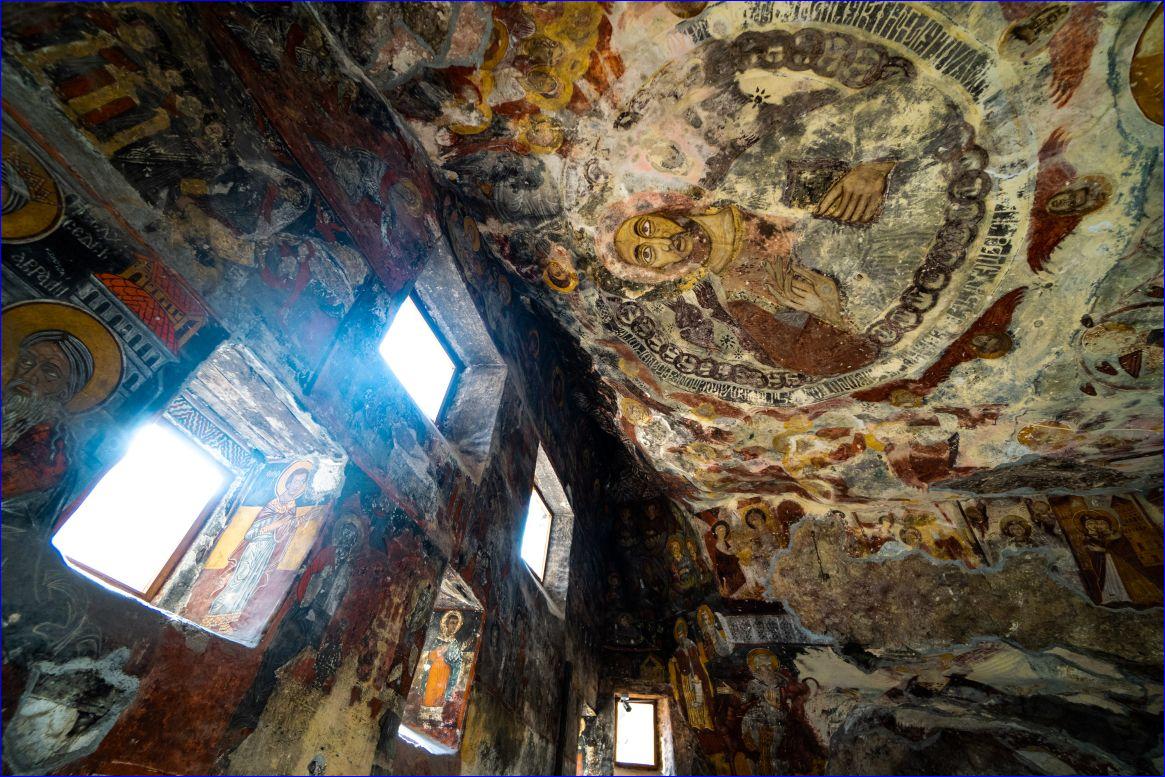


The report underscores the uneven protection of the right to freedom of thought, conscience, and religion, noting that more than half of the global population lives in places where serious or very serious violations occur. ACN emphasized the report's broad, non-governmental scope and its aim to provide a factual overview of global trends, categorizing countries according to the severity of restrictions faced by both recognized and unrecognized religious communities.
The chapter on Turkey, covering developments between January 2023 and December 2024 with some early-2025 updates, describes how structural features of the Turkish state and a string of policies and local actions have combined to limit the religious freedom of non-Sunni communities. The report noted that while Article 24 of the constitution nominally bans discrimination on religious grounds, state institutions such as the Presidency of Religious Affairs (Diyanet) exercise broad control over religious life and receive exceptionally large public funding -- TR₺130.1 billion was requested for Diyanet in the 2025 budget proposal -- an allocation the report says outstrips budgets for several ministries and underlines the outsized role of the state in shaping religious practice.
Compulsory Sunni-Based Education and Restrictive Minority Status
Education emerged as a central fault line in the report. ACN recalled that under the 1982 constitution, religious instruction in state schools is compulsory and confined to Sunni Islam. Exemption procedures remain narrow and, in practice, are available primarily to students who are Christian or Jewish, leaving Alevis and other groups effectively unable to opt out. Critics interviewed by ACN argued that the expansion of religious instruction and recent initiatives to place imams and "spiritual counsellors" in schools signal an ongoing "Islamization" of public education that undermines secular guarantees.
Legal status and property rights for non-Muslim communities also drew scrutiny. The report pointed to Ankara's restrictive reading of the 1923 Treaty of Lausanne as the reason only Armenians, Greeks, and Jews enjoy recognized minority status -- while other communities, including Assyrian, Catholics, and Protestants, lack group legal personality and face obstacles to owning property or operating institutions except through foundations and associations. Regulatory changes governing minority foundations, reintroduced board elections, and new eligibility criteria have, the report contends, increasingly become tools for state oversight rather than remedies for long-standing grievances.
Attacks on Worship Sites, Antisemitic Rhetoric, and Administrative Barriers
Violence and intimidation documented by ACN reinforced those structural concerns. The report highlighted a series of troubling incidents, including: a deadly armed attack at the Church of Santa Maria in Istanbul in January 2024, for which Islamist militants claimed responsibility; repeated antisemitic acts and hateful rhetoric that intensified after the October 2023 Israel-Gaza war; vandalism of the Greek Orthodox Cemetery of St. Eleftherios in August 2024; and the temporary closure of the only active church in Bursa -- the French Church -- on disputed earthquake-safety grounds. In several cases, the report records administrative hurdles, court rulings, or state decisions that left minority communities feeling unprotected or sidelined.
The chapter places particular emphasis on the unresolved status of the Halki Theological Seminary, closed by the state in 1971. While the Ecumenical Patriarchate expressed cautious optimism in 2024 about a possible reopening -- a development the report calls "rare and positive" -- ACN stressed that decades of closure have deprived Orthodox Christians in Turkey of institutional capacity to train clergy, a deficiency that raises broader questions about compliance with international minority-rights commitments.
Heritage Conversions and Tight State Oversight
The report also flagged the re-designation of historic religious sites as sites of majority worship. In May 2024, the reconsecration of the Church of the Holy Saviour, also known as the Chora Church, as a mosque -- and the subsequent introduction of visitor fees and restricted display of Christian iconography -- is cited as an example of how cultural heritage decisions carry profound implications for minority communities' sense of belonging and security.
ACN does acknowledge some positive developments. These include the prosecution of some vandals, court decisions that support minority claims, and limited legal recognition for some Protestant and Latin Catholic groups through their associations. Even so, the broader picture is bleak. The report argues that discriminatory legislation, selective treaty interpretation, the heavy concentration of resources within the Diyanet, and a social environment marked by recurring hate speech and targeted vandalism have together created a negative outlook for religious freedom in Turkey.
Protecting Religious Freedom Requires Structural Reform, Not Symbolic Promises
Human-rights advocates quoted in the report warned that the issue extends beyond faith communities to the health of Turkey's pluralist, secular tradition. "When education, property rights, and the training of clergy are subject to political calculus, minorities become collateral damage," the report paraphrased, urging Ankara to translate constitutional guarantees into practice and to align domestic rules with the Council of Europe and other international standards it references.
As Turkey navigates economic pressures, regional turmoil, and a fraught domestic political landscape, ACN's assessment will add to scrutiny from European institutions and minority groups that press for concrete reforms. For religious communities in Turkey, hope for meaningful change rests less on headline promises and more on structural shifts. The reopening of seminaries, reforming foundation regulations, ensuring exemption rights in education, and curbing incendiary public rhetoric are all steps that the ACN argues are necessary if the country is to reverse the trend it documented.

or register to post a comment.